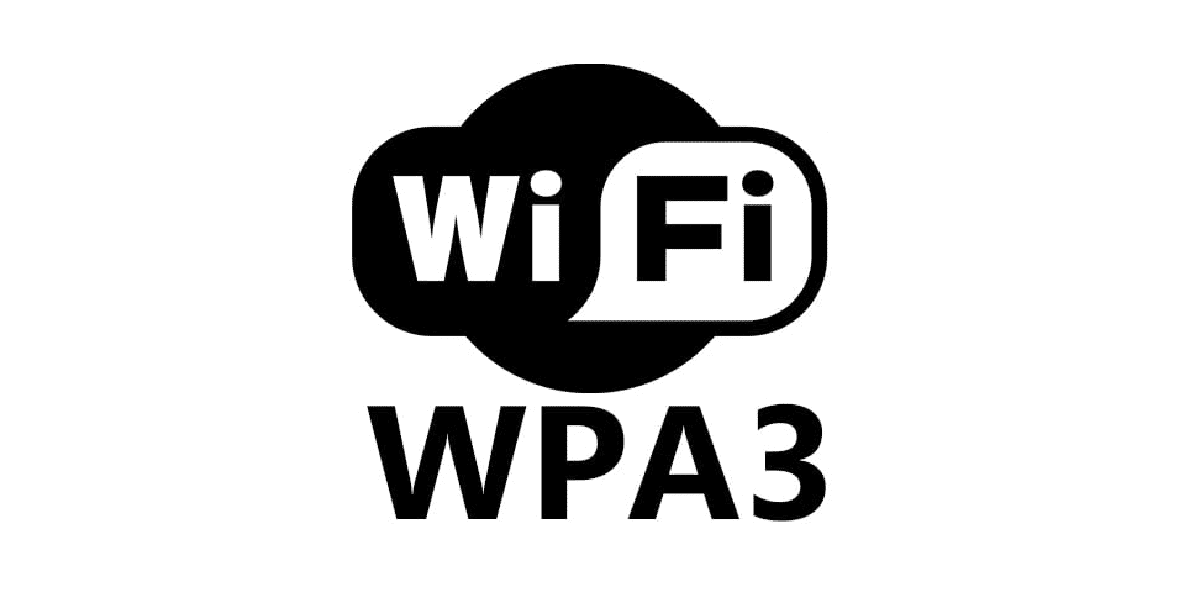
With the arrival of iOS 15, Apple will offer greater security in the access points that users create from their iPhone or iPad, since go from using the WPA2 security protocol launched in 2004 and used by all routers (as long as they are less than 15 years old) to WPA3 protocol which was introduced in 2018.
Wi-Fi Alliance introduced in June 2018, the third generation of the WPA security protocol, a version that is launched with the goal of simplifying Wi-Fi security, allow more robust authentication and offer greater cryptographic strength. Up to iOS 14, when generating an access point from our iPhone or iPad, the WPA2 protocol is used.
Apple products have been compatible with this type of connection for a couple of years, so we will not have any problem when connecting to a network that uses WPA3 encryption, in addition to allowing us to create them from our own device.
From each to the user, absolutely nothing changes, since the experience will remain the same as until now, only with greater security. Despite the recommendations to use long passwords, with uppercase, lowercase and symbols, many users still use passwords that are easy for people around them to guess.
WPA3 focuses precisely on these casesas a more robust password-based authentication is used that offers greater protection to users against attempts to guess the password by third parties. In other words, attacks by force through key dictionaries or other sources are a thing of the past for WPA3.
Another novelty offered by the WPA3 security protocol is that it offers a 192-bit encryption, over 128-bit WPA2.